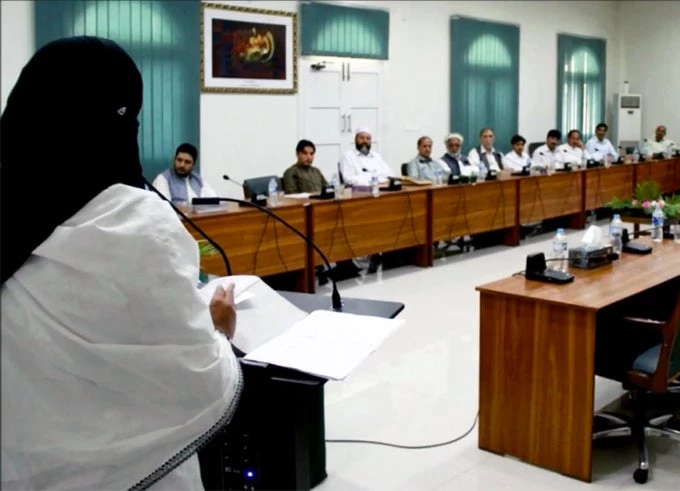
This was the first local election in 10 years in most places of the country. Voters elected council members of three tiers of local governments: district, urban councils, and union council/ward.
How will these elections impact the lives of average citizens?
International experiences have shown that the main benefit of elected local bodies is their closeness to citizens, which allows them to be much more responsive – although with sustained hard work -- to improving local services such as waste, water, sewerage and transportation.
In a report about managing spatial transformation in South Asia launched at the 3 rd Pakistan Urban Forum, we highlighted that passing reforms aimed at revitalizing urban governance is critical to make South Asia cities more livable and prosperous (see chapter 3 of the report).
To that end, we identified three closely related "deficits" -- empowerment, resource, and accountability -- which, if tackled properly, could lead to improved local urban governance.
The recent local elections in Pakistan are important steps toward reducing these three deficits. The new local government laws, which were enacted in most provinces in 2013, started to re- empower local governments after the expiration of the earlier 2001 Local Government Act.
The elections themselves also provide a critical level of government accountability since, once elected, officials will have to answer to their electorate on how they will improve public services.
However, holding election is only the beginning of the journey toward better services and a lot of additional work is needed to address the three deficits:
- Empowering local government: overall, functions and resources assigned to Pakistan local bodies are very limited. Only about 5% of Pakistan’s public spending is undertaken at the local level, compared to about 30% in India . Some of the critical responsibilities that are often entrusted with local governments are now in the hands of higher-level authorities.
- Improving local governments’ ability to collect and spend resources: there is a clear lack of funds for local services and the fiscal gap between the cost of local functions and the proceeds of local revenues is considerable. The power and capability of local governments to collect their own revenue must be significantly strengthened. Moreover, the fiscal transfers from provincial to local governments need to be reformed to address variations among local needs while also promoting accountability and equity.
- Enhancing accountability mechanisms: while critical to any local accountability system, elections are not sufficient. A local government system needs appropriate upward reporting and accountability mechanisms to ensure the consistency and transparency of administration, management, and oversight. Equally important are provisions for downward accountability mechanisms, not only electoral but also non-electoral, that create spaces for citizens to place demand on elected local officials and local bureaucracies.
In the end, whether the new local government system will deliver public services to citizens will depend on the capacity of local officials. Instituting such capacity simultaneously in thousands of local entities will be a huge challenge and will require hard work and concerted and sustained support. The current laws and regulations also need to be continuously adjusted to respond to emerging issues and situations.
There is tremendous potential for service improvement but a lot of hard work is certainly needed. Indeed, exciting time ahead!


Join the Conversation